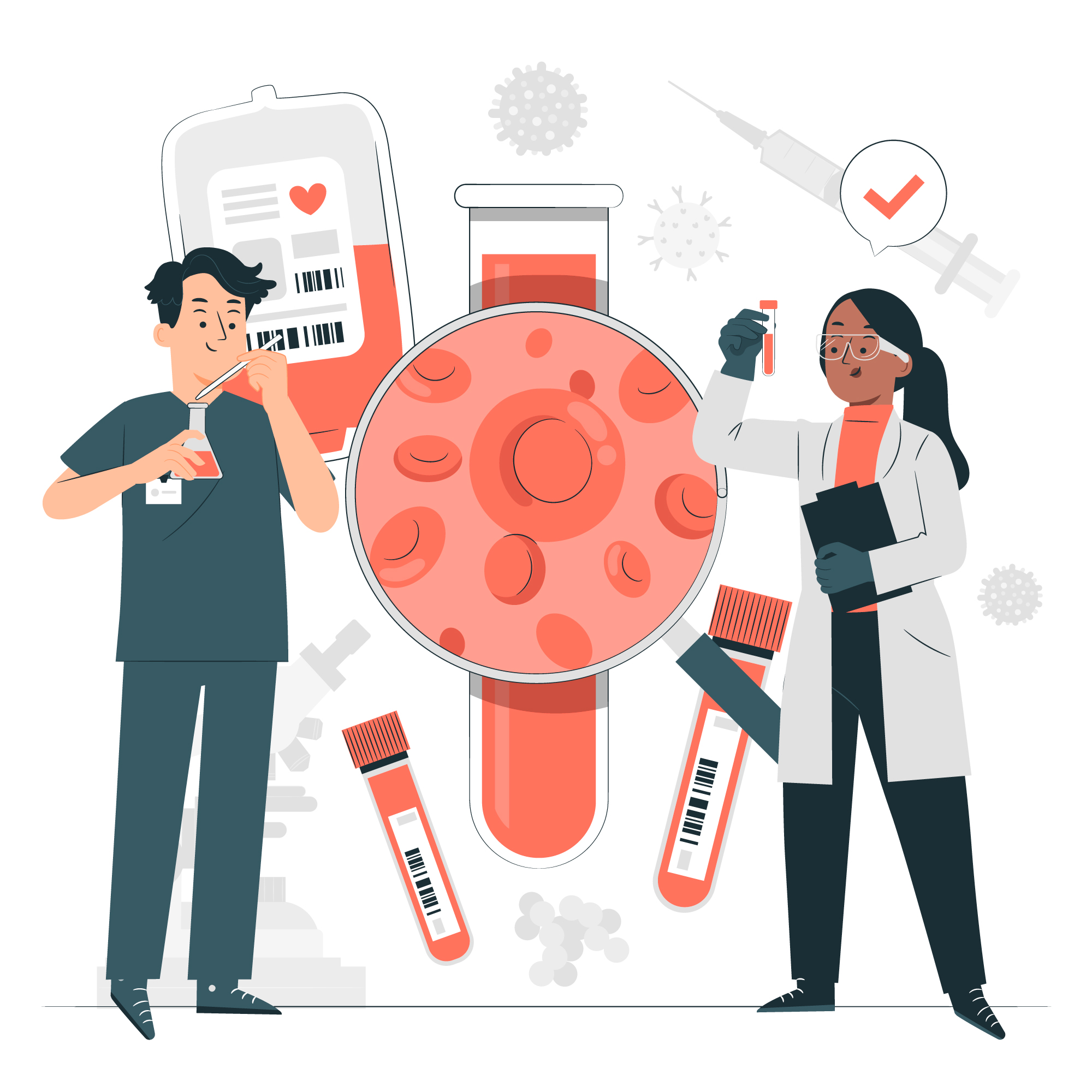Women’s health is a crucial aspect of overall well-being, requiring regular medical checkups and diagnostic tests to detect potential health issues early. From reproductive health to heart disease and cancer screening, diagnostic tests play a vital role in preventive healthcare. These tests help women stay proactive about their health, ensuring early detection and timely intervention for various conditions.
In this blog, we will explore the essential diagnostic tests that every woman should consider, their significance, and when to schedule them.
Why Are Diagnostic Tests Important for Women’s Health?
Women go through various hormonal and physiological changes throughout their lives, from puberty to pregnancy and menopause. These changes increase the risk of certain health conditions, including:
- Breast and cervical cancer
- Osteoporosis and bone disorders
- Hormonal imbalances and thyroid disorders
- Heart disease and diabetes
- Reproductive and fertility issues
Regular diagnostic tests can help detect silent health conditions that may not show symptoms initially, allowing for early treatment and better health outcomes.
Essential Diagnostic Tests for Women
1. Pap Smear and HPV Test
A Pap smear is a crucial screening test for cervical cancer. It detects abnormal cervical cells that may develop into cancer. The HPV (Human Papillomavirus) test is often conducted alongside a Pap smear to identify high-risk strains of HPV linked to cervical cancer.
📍 Recommended Frequency: Every 3-5 years for women aged 21-65.
2. Mammogram
A mammogram is an X-ray screening test for breast cancer. Early detection through mammography significantly improves treatment success rates.
📍 Recommended Frequency: Annually or biennially for women aged 40 and above, or earlier for those with a family history of breast cancer.
3. Hormonal and Thyroid Function Tests
Hormonal imbalances can affect menstrual cycles, fertility, and metabolism. Common tests include:
- Thyroid function tests (TSH, T3, T4) – To detect hypothyroidism or hyperthyroidism.
- Estrogen, progesterone, and testosterone levels – To evaluate reproductive health and hormone balance.
- Anti-Müllerian Hormone (AMH) test – To assess ovarian reserve and fertility potential.
📍 Recommended Frequency: As recommended by a doctor, especially if experiencing irregular periods, fatigue, or weight changes.
4. Complete Blood Count (CBC) Test
A CBC test helps detect anemia, infections, and overall health status. Women are more prone to anemia due to menstruation and pregnancy.
📍 Recommended Frequency: Annually, or as advised by a doctor.
5. Lipid Profile Test
Women’s risk of heart disease increases after menopause. A lipid profile measures cholesterol and triglyceride levels to assess cardiovascular risk.
📍 Recommended Frequency: Once every 1-2 years or more frequently if there is a history of high cholesterol or heart disease.
6. Blood Sugar Tests (Fasting Glucose and HbA1c)
Diabetes can affect women’s reproductive health, pregnancy, and overall well-being. Regular glucose tests help monitor blood sugar levels.
📍 Recommended Frequency: Once a year, or more often if diagnosed with prediabetes or diabetes.
7. Vitamin and Mineral Deficiency Tests
Nutrient deficiencies can lead to fatigue, bone issues, and weakened immunity. Important tests include:
- Vitamin B12 test – To detect deficiencies linked to anemia and neurological issues.
- Vitamin D3 test – To assess bone health and immunity.
📍 Recommended Frequency: Annually, or if experiencing symptoms like weakness or fatigue.
8. Urine Test and Kidney Function Tests
Urine tests help detect urinary tract infections (UTIs), kidney diseases, and other underlying conditions.
📍 Recommended Frequency: As needed, based on symptoms or medical advice.
9. STD Screening (Sexually Transmitted Diseases)
Routine STD testing is essential for women who are sexually active, helping detect infections like chlamydia, gonorrhea, syphilis, and HIV.
📍 Recommended Frequency: Annually, or as needed based on lifestyle and risk factors.
10. Sonography (Ultrasound Tests)
Sonography is a non-invasive imaging test used to examine reproductive health and breast tissue. Key ultrasound tests include:
- Pelvic ultrasound – To evaluate uterine fibroids, ovarian cysts, polycystic ovary syndrome (PCOS), and reproductive health issues.
- Sonomammography – A specialized ultrasound for breast health, used to detect lumps or abnormalities, especially in younger women or those with dense breast tissue.
📍 Recommended Frequency: As recommended by a gynecologist, especially if experiencing pelvic pain, irregular periods, or infertility concerns.
How Regular Testing Benefits Women’s Health
- Early detection of diseases: Timely diagnosis of conditions like cancer, osteoporosis, and diabetes increases the chances of successful treatment.
- Better reproductive health management: Diagnostic tests help in fertility planning and pregnancy monitoring.
- Heart disease prevention: Lipid profiles and blood sugar tests aid in detecting cardiovascular risks early.
- Improved quality of life: Addressing health concerns before they become severe ensures a healthier, more active life.
Final Thoughts
Preventive healthcare is the key to long-term well-being. By prioritizing essential diagnostic tests, women can take control of their health and reduce the risk of serious illnesses.
At Kaizen Diagnostic Centre, we offer comprehensive women’s health checkups with state-of-the-art diagnostic facilities.
📅 Schedule your health checkup today! Visit www.kaizendiagnostic.com to book an appointment and take a proactive step toward your well-being.
Regular health screenings empower women to stay informed and make better health decisions. Don’t wait—prioritize your health today!




Pingback: Understanding Thyroid Disorders – T3 T4 & TSH
You’re absolutely right! Thyroid issues often go unnoticed, especially in women. Regular testing for T3, T4 & TSH can make a big difference in catching it early